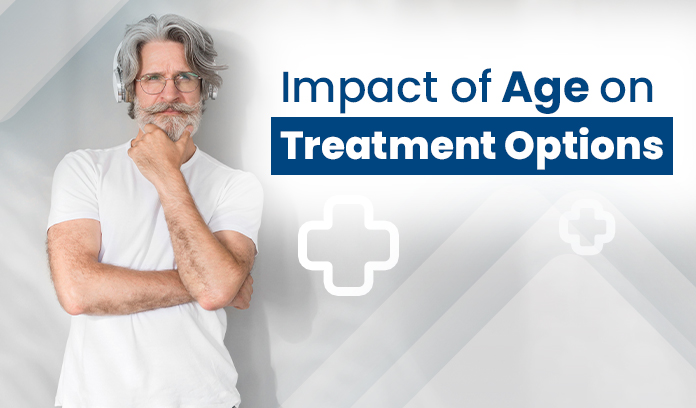Are you curious about how age influences treatment options and response variations? Dive into this insightful guide to discover the impact of age on therapeutic efficacy, side effects, and the customization of age-appropriate interventions.
Tailoring Treatment Options to Age Groups
When considering treatment options, it’s essential to take into account age-related treatment considerations to ensure optimal outcomes. From pediatric treatment protocols to geriatric care strategies, tailoring interventions to specific age groups is crucial for addressing unique needs and challenges.
Assessing Therapeutic Efficacy Across Ages
Therapeutic efficacy can vary significantly across different age groups due to factors such as metabolism, hormonal changes, and physiological differences. Understanding treatment response variations by age allows healthcare providers to adjust dosages, monitor progress, and optimize treatment outcomes accordingly.
Customizing Age-Appropriate Interventions
Age-appropriate interventions encompass a range of age-appropriate interventions tailored to meet the diverse needs of individuals at different stages of life. Whether adjusting pharmacological treatments, implementing lifestyle modifications, or exploring alternative therapies, customization is key to promoting optimal health and well-being.
Addressing Age-Related Side Effects
While treatments can offer significant benefits, they may also pose age-related side effects that warrant careful consideration. Older adults may be more susceptible to adverse reactions due to age-related changes in metabolism and organ function, highlighting the importance of monitoring and managing side effects effectively.
Overcoming Elderly Treatment Challenges
Elderly individuals may face unique challenges when it comes to accessing and adhering to treatment. Factors such as cognitive impairment, polypharmacy, and physical limitations can complicate elderly treatment challenges, requiring innovative solutions and specialized care approaches to ensure safety and efficacy.
Optimizing Pediatric Treatment Protocols
Pediatric treatment protocols are designed to address the specific needs of children and adolescents while minimizing potential risks and side effects. Healthcare providers must consider factors such as weight-based dosing, developmental milestones, and age-appropriate formulations when customizing pediatric treatment protocols for young patients.
Implementing Geriatric Care Strategies
Geriatric care strategies focus on promoting health, independence, and quality of life in older adults. From comprehensive medication reviews to interdisciplinary care coordination, geriatric care strategies aim to address the complex medical, social, and psychological needs of elderly individuals while maximizing treatment effectiveness and safety.
Embracing Holistic Age-Sensitive Care
As healthcare providers, it’s essential to embrace a holistic approach to care that recognizes the unique needs and challenges associated with each stage of life. By customizing treatment options, monitoring therapeutic efficacy, and addressing age-related considerations, we can empower individuals of all ages to achieve optimal health and well-being.
Partnering for Age-Appropriate Health Solutions
Navigating treatment options across ages requires collaboration between healthcare providers, patients, and caregivers. By fostering open communication, sharing knowledge, and embracing innovation, we can work together to develop age-appropriate health solutions that support individuals at every stage of life on their journey towards wellness.
Explore the impact of age on treatment options and discover how tailored interventions can optimize outcomes across the lifespan. By understanding age-related considerations, healthcare providers can personalize care, minimize risks, and empower individuals to thrive at every stage of


